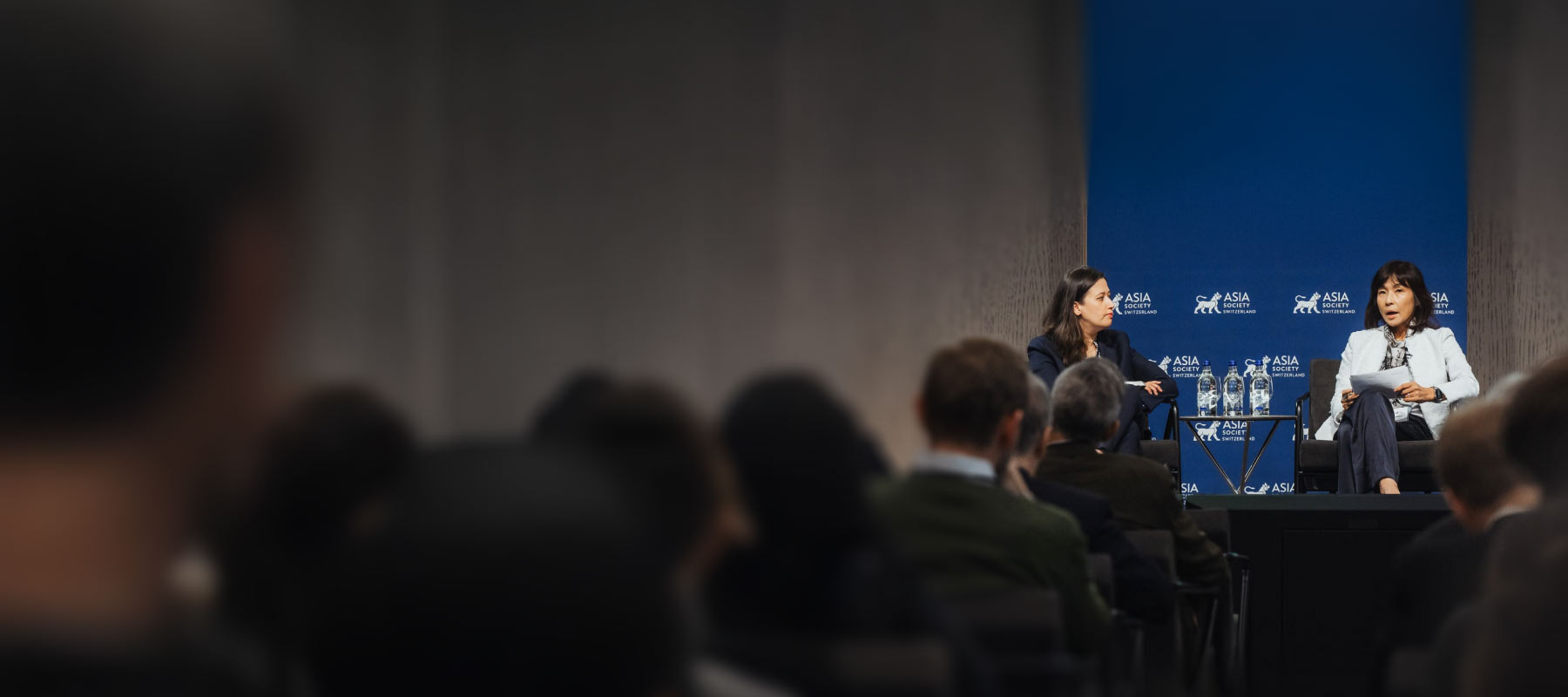
The rising spectre of protectionism: Trump and the global trade agenda
We are all in a state of shock. There was no prediction, or warning, that Donald Trump would be the 45th President of the United States, let alone that his victory would be crushingly decisive. Wow! Even the shock of Brexit pales into comparison. As a middle-ranking power, Britain is a minor actor on the global geopolitical stage. We are talking here about the United States of America, the world’s major power by far, dominant on the global stage, albeit facing a rising Chinese power. This victory will clearly have myriad consequences, both intended and unintended! We should have been more attuned as my friend Nik Gowing urged in his landmark report to Thinking the Unthinkable.
The Trump victory undoubtedly corresponds to what author Nassim Nicholas Taleb termed a “black swan”. It was off our radar screens, all polls indicated Clinton would win; it has had and will have a huge impact; yet it becomes logical and clear with the benefit of hindsight.
In one respect, especially the third point applies: trade. The closest thing we can have to a certitude in terms of consequences of Trump’s victory is that protectionism will increase, in the US, but through retaliatory moves everywhere. The threat of an outright trade war between China and the US, present for some time on the horizon, is now getting closer.
A rise in American and global protectionism, however, would not be a “trend breaker”, but the intensification of an existing trend. Since the beginning of this century, the global trade agenda has been moribund. The WTO Doha Development Round launched in 2001 was thwarted at the Cancún ministerial conference in 2003. In 2005, The Evian Group warned that Doha was a dying duck. This was stridently denied by most policy makers, who then and for the ensuing years have engaged not in thinking the unthinkable but in wishful thinking. Doha is dead!
Whereas Trump is an overt protectionist, the trade policy makers in the administration of his two predecessors, George Bush and Barack Obama, were closet protectionists. The main obstacle to pursuing an open rules-based multilateral trade agenda has arisen due to the inability of the erstwhile dominant actors, US, Europe and Japan, to adjust to the emergence of new actors, especially China, but also other so-called “emerging economies”.
The most recent blatant manifestation of this failure has been the “mega-regionals”, notably the Transatlantic Trade and Investment Partnership (TTIP) and Trans Pacific Partnership (TPP), both of which flagrantly discriminate against the new actors, especially, again, China, but also India, Brazil, South Africa, and all least developed countries. The mega-regionals are also blatantly politicised, using trade as a weapon to achieve geopolitical ends: as Obama’s Secretary for Defence, Ash Carter, shamefully admitted, “TPP is like having an extra aircraft carrier”.
The good news is that with Trump’s election it is reasonably certain they will be buried. The bad news is that there is no solid rules-based multilateral global trade framework. As things currently stand, the global trade institution (the WTO) is cavernous, while the protectionist rhetoric, especially, but not exclusively, against China has become more threatening and strident.
There is an urgent imperative for those who wish to promote a sustainable, inclusive, equitable and dynamic global rules-based multilateral agenda to rally forces. The situation is highly critical and, as things currently stand, could get much worse. The spectre of protectionism and global trade wars is terrifying and must be taken seriously.
Jean-Pierre Lehmann is Emeritus Professor of International Political Economy at IMD and visiting professor at Hong Kong University.
Research Information & Knowledge Hub for additional information on IMD publications
With stagnant import volumes since 2021, and import prices at levels below those suggested by fundamentals, foreign exporters face an uphill battle to convert access to the Chinese market into revenues. Notably, the volume stagnation predates the ...
World exports of goods and services enjoyed boomtime growth in the 1990s and early 2000s. Since 2008, trade in goods – specifically manufactured goods – have plateaued; services exports have not. Services trade continues to ride the go-go growth p...
This case study examines the remarkable evolution of Daikin Industries, a company that demonstrated resilience and innovation over nearly a century. Founded in 1924 by Akira Yamada in Osaka, Japan, Daikin originally focused on manufacturing aircra...
This case study examines the remarkable evolution of Daikin Industries, a company that demonstrated resilience and innovation over nearly a century. Founded in 1924 by Akira Yamada in Osaka, Japan, Daikin originally focused on manufacturing aircra...
Daikin’s success in the Chinese air conditioning market serves as a compelling case study in strategic adaptation and collaboration. Following its entry into the market in the 1990s, Daikin faced formidable competition from well-established domest...
Research Information & Knowledge Hub for additional information on IMD publications
in I by IMD
Research Information & Knowledge Hub for additional information on IMD publications
in I by IMD
Research Information & Knowledge Hub for additional information on IMD publications
in Binder, Julia Katharina (Ed.); Haanaes, Knut Bjarne (Ed.) / Leading the sustainable business transformation: A playbook from IMD, pp. 47-57 / Hoboken: Wiley, 2025
Research Information & Knowledge Hub for additional information on IMD publications
in Binder, Julia Katharina (Ed.); Haanaes, Knut Bjarne (Ed.) / Leading the sustainable business transformation: A playbook from IMD, pp. 9-18 / Hoboken: Wiley, 2025
Research Information & Knowledge Hub for additional information on IMD publications
Research Information & Knowledge Hub for additional information on IMD publications
The World Trade Organization Report / Trading with intelligence: How AI shapes and is shaped by international trade, p. 26 / 2024
Research Information & Knowledge Hub for additional information on IMD publications
Research Information & Knowledge Hub for additional information on IMD publications
This case study examines the remarkable evolution of Daikin Industries, a company that demonstrated resilience and innovation over nearly a century. Founded in 1924 by Akira Yamada in Osaka, Japan, Daikin originally focused on manufacturing aircra...
Daikin’s success in the Chinese air conditioning market serves as a compelling case study in strategic adaptation and collaboration. Following its entry into the market in the 1990s, Daikin faced formidable competition from well-established domest...
Research Information & Knowledge Hub for additional information on IMD publications
This case study examines the remarkable evolution of Daikin Industries, a company that demonstrated resilience and innovation over nearly a century. Founded in 1924 by Akira Yamada in Osaka, Japan, Daikin originally focused on manufacturing aircra...
Daikin’s success in the Chinese air conditioning market serves as a compelling case study in strategic adaptation and collaboration. Following its entry into the market in the 1990s, Daikin faced formidable competition from well-established domest...
Research Information & Knowledge Hub for additional information on IMD publications
This case study examines the remarkable evolution of Daikin Industries, a company that demonstrated resilience and innovation over nearly a century. Founded in 1924 by Akira Yamada in Osaka, Japan, Daikin originally focused on manufacturing aircra...


